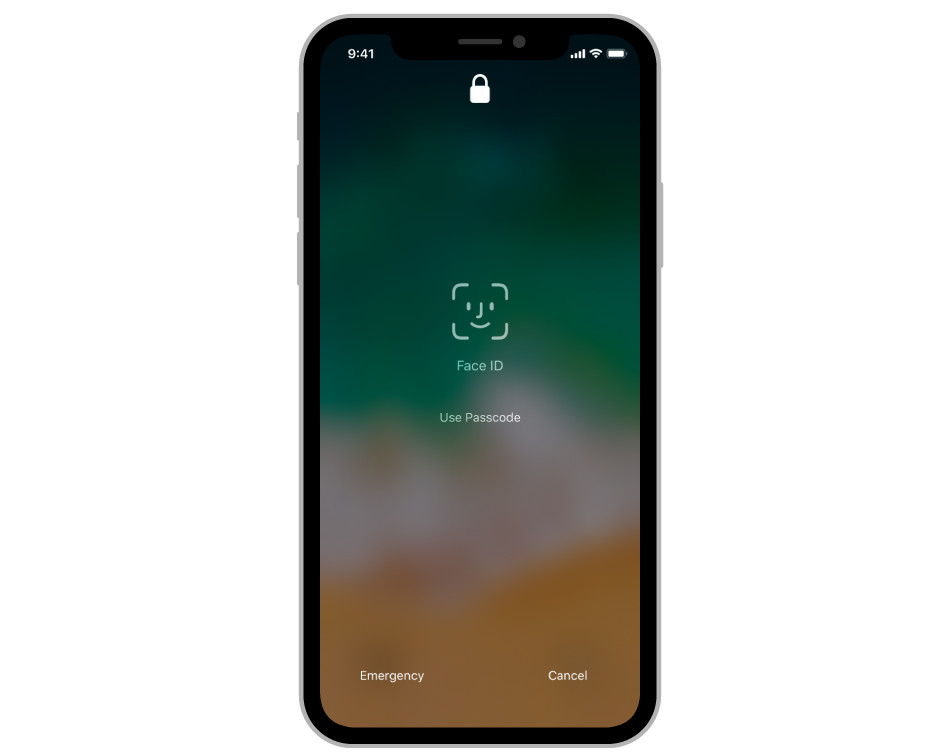
Update: Apple has issued a statement to Business Insider saying that the Bloomberg report is completely false and the quality and accuracy of Face ID haven’t changed.
Apple in a statement said:
Customer excitement for iPhone X and Face ID has been incredible, and we can’t wait for customers to get their hands on it starting Friday, November 3. Face ID is a powerful and secure authentication system that’s incredibly easy and intuitive to use. The quality and accuracy of Face ID haven’t changed. It continues to be 1 in a million probability of a random person unlocking your iPhone with Face ID.
Bloomberg’s claim that Apple has reduced the accuracy spec for Face ID is completely false and we expect Face ID to be the new gold standard for facial authentication.
Earlier: As we inch closer to the launch of the iPhone X, Apple still is facing problems with the production of it. Over the past few months, we have been hearing the suppliers yield-issues with the 3D-sensing components.
Latest we hear is that Apple has lowered the specifications of the Face ID component to speed up the production and meet the demand. By lowering the specs of the components that make up Face ID, Apple has helped the suppliers to test dot projector modules faster and push out units at a faster rate.
If past incidents have any value today, Apple is a very demanding company when it comes to suppliers and the quality control, even still suppliers battle for Apple orders because of the huge volumes that are worthwhile. But with iPhone X though, Apple seems to be the one to pull-back, as Bloomberg reports that Infrared dot projector is very fragile, composed of a microscopic gallium arsenide laser and glass lens.
Furthermore, the report says that one of the Apple’s laser suppliers has completely dropped out as it couldn’t meet the minimum requirements and the Cupertino company is now left with just two manufacturers of lasers. LG and Sharp both seem to have struggled to combine the laser and lens to make dot projectors to keep to Apple’s quality standards thus making the production slower.
On seeing everything that is going on and the hurdles the suppliers are facing, Bloomberg says Apple relaxed some of the specifications for Face ID’ which made the parts easier to build and test. However, the report doesn’t tell details on how exactly Apple has changed the specifications of the Face ID, and what impact that will have on the experience regarding reliability and speed.
It’s quite common for brands to trim down the specifications to meet the requirements during the production phase. But with Apple touting that the Face ID’s accuracy of 1,000,000:1 compared to the 50,000:1 for Touch ID recognition, it needs to be seen how much effect will it have in the real-time usage.
It is expected that Apple will only have 2 to 3 million iPhone X units at the time of the launch with the total shipments for 2017 have also been reportedly cut down 20 million, which is half of what Apple has planned initially.
